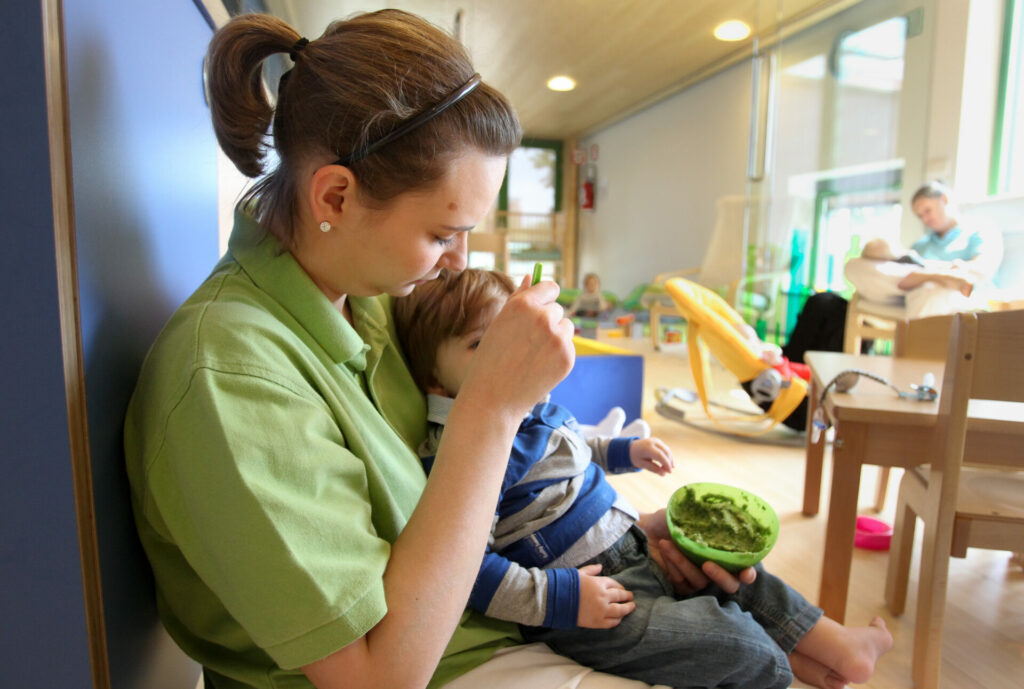Crèche shortages have forced 23% of parents to stop working or decrease their working hours, according to the annual Parent's Barometer published by the Family League (Ligue des Familles).
This issue disproportionately affects women, the report highlights. On top of this, 62% of parents have struggled to find carers for their children when they fall ill, and 55% struggle to make it to work on time due to crèche opening hours (61% of women and 37% of men).
Low-income families are the most affected by crèche shortages as private care options are often prohibitively high, exceeding the monthly salary of many families who require the service. The same portion of the population (58%) only have 20 days of paid annual leave – the legal minimum in Belgium.
The Family League is sounding the alarm about the disproportionate impact of crèche shortages across the country. "When it comes to nursery places, children are being penalised, but so are their parents," League President Madeleine Guyot told RTBF. "Knowing this reality, politicians should be alert and take action, but that is not the case."
The cost of schooling and divorce
School costs are significant cause for concern for families too. Four in ten individuals surveyed listed schools trips as the most difficult educational item to pay for in the past, with IT material coming in close second (37%).
Two in three parents who had been through a divorce said they struggled financially in the aftermath. Women (65%) struggled slightly more than men (59%) in this department as they earned less but took on more responsibility for childcare in the majority of situations.
In 2022, the League noted a jump in the amount of post-divorce food contributions that went unpaid by one parental figure. In 2023, "this catastrophic situation became the status quo," according to the 2024 report. 47% of contributions were either never received or arrived late, while 53% of spontaneous expenses meant to be shared were unpaid by one parent.
Four-day work week
The same survey asked parents what measures they wished to see prioritised in order to find a better work-life balance. 82% of respondents wished to see the introduction of "conciliation leave" which would allow parents to take time off work to collect sick children from school and to manage other spontaneous incidents.
81% are in favour of the introduction of a 15-week paternity leave (Belgium currently allows for 20 days). 43% would like to see a shorter working week with no pay reduction, while 43% want the minimum legal annual leave to be raised from 20 to 25 days.
"We have to stop dreaming up little measures," says Guyot. "We need to take significant action."

